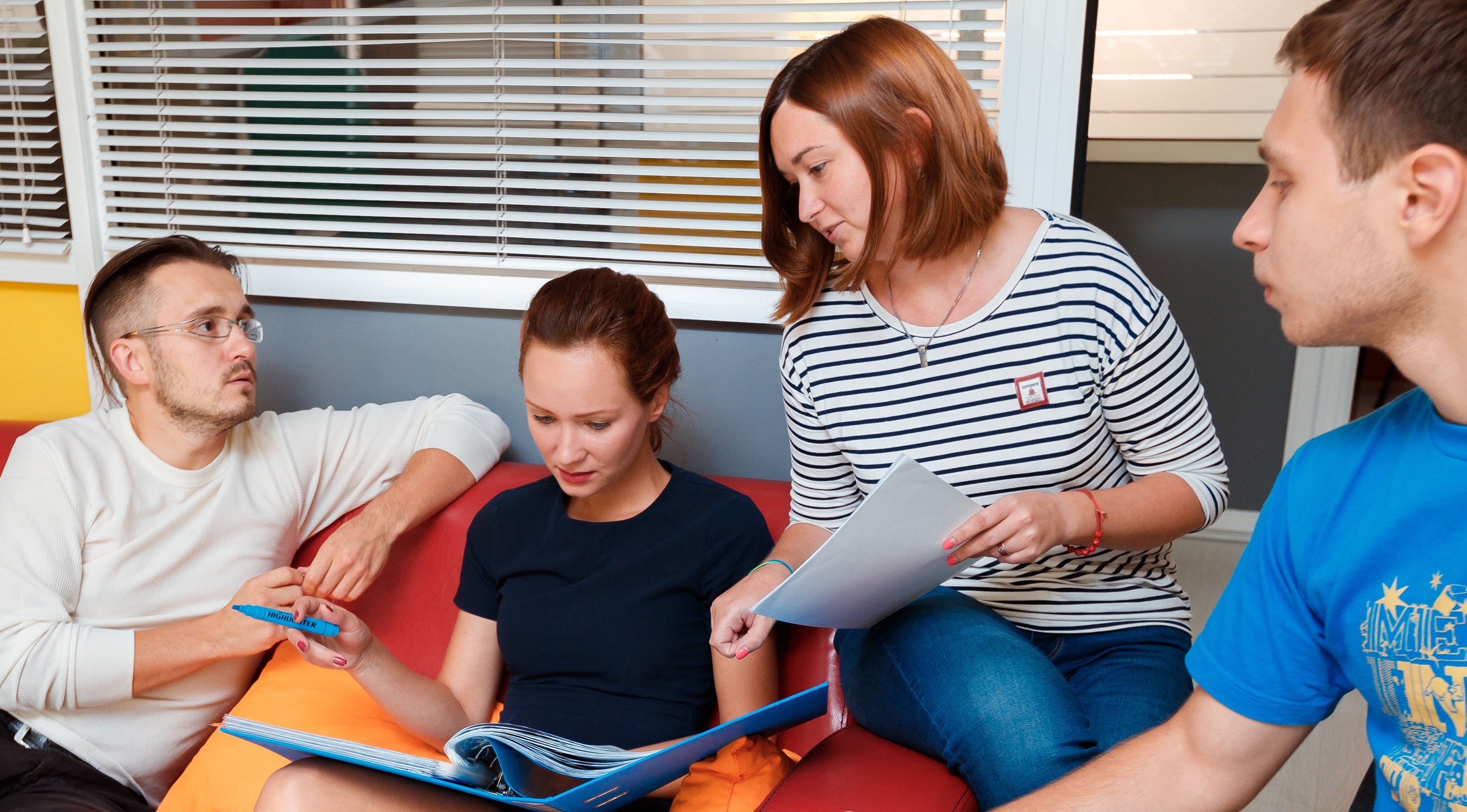Green Economic Development
GED Project
From an energy consumption perspective, Bosnia and Herzegovina (BiH) is characterized as a country with very high inefficiency across its residential, non-residential/public, industry and service sectors. At the same time, BiH also has significant energy conservation potential. Leveraging energy efficiency improvements in the residential and public sectors could contribute for the country's economic development and the creation of new employment opportunities.
The average energy consumption of public buildings in BiH is three times higher than in the European Union (EU), categorizing them as completely energy inefficient buildings according to the EU Eco-Management and Audit Scheme (EMAS). Meeting this energy-intensive consumption of public buildings, including educational, health, cultural, municipal, and entity/state institutions, requires significant financial resources, which poses a challenge for the already insufficient public budget.
The Green Economic Development (GED) Project plays a key role in improving the energy efficiency of public buildings in BiH, thereby contributing to the country's economic development. Additionally, the project assists BiH in fulfilling its obligations under the Energy Charter Treaty, which, besides regulating the energy market, requires reporting in accordance with its regulations and directives.
GED Project objective
Creating favorable conditions for investments in energy efficiency measures that also contribute to the market development and economic progress of BiH.
Project components
I. Strengthening Institutional Capacities
Capacity building for Nearly Zero Energy Buildings
Providing technical assistance to the Environmental Funds
Developing and strengthening technical and economic capacities of municipalities, public facilities, public utilities and enterprises
Introducing an energy intensity mapping application and a monitoring and verification module within the Energy Management Information System (EMIS)
II. Institutionalization of Energy Management
Introducing EMIS in all public buildings and in public lighting systems
Capacity building for end-users
III. Establishing Financial Mechanisms and Legislative Framework
Assisting Environmental Funds with the development of financial mechanisms, including Revolving Fund, soft loans and Energy Service Company (ESCO) Fund
Assisting governments in creating secondary legislation on energy-efficiency and energy management
IV. Implementing Infrastructure Measures
Implementing energy-efficiency retrofits, renewable energy measures, solar hot water and photovoltaic systems in public sector buildings,
Enhancing energy efficiency in public lighting systems
V. Raising Public Awareness
Increasing public awareness on energy efficiency and renewable energy
VI. Installing Renewable Energy Sources for Off-grid Households
Installing hybrid photovoltaic and solar system solutions to remote areas without electricity
VII. Promoting Renewable Energy Sources and Energy Efficiency in Small and Medium Enterprises (SMEs)
Implementing Green Finance Incentive Scheme,
Conducting detailed energy audits
Introducing the Energy Management System ISO 50001/EN 16001 in SMEs

Results
The following has been achieved through the GED Project since 2013:
As a result of cooperation with the Environmental Fund of the Federation of BiH, eight (8) cantons institutionalized energy management, while six (6) cantons adopted decisions on the mandatory entry of energy consumption data into the Energy Management Information System (EMIS).
In cooperation with the Environmental Protection and Energy Efficiency Fund of Republika Srpska, energy management was institutionalized within the RS Ministry of Education and Culture and the RS Ministry of Health and Social Welfare.
Over 2000 individuals were trained to independently utilize the EMIS system.
The Revolving Fund was established within the FBiH Environmental Protection Fund to finance energy efficiency projects for public buildings, small and medium enterprises (SMEs), public lighting systems. In RS, internal regulations for the operationalization of the Revolving Fund within the Environmental Protection and Energy Efficiency Fund have been prepared.
Increased public awareness on energy efficiency, greenhouse gas (GHG) emissions reduction, and the utilization of renewable energy sources.
Conducted more than 350 detailed energy audits of public buildings to identify the most effective measures for improving energy efficiency.
Modernized the public lighting system in Maglaj, Živinice, Bihać, Donji Vakuf, Ljubuški, Široki Brijeg, Sarajevo, Pale, and Banja Luka.
Organized various educational events and workshops with participation of over 67,000 individuals.
The photovoltaic solar systems were installed on 30 returnee households in rural parts of BiH, which provided them with electricity access that they lacked for the past 30 years.
Developed a "Study on Improving Energy Efficiency in 1,368 households in Sarajevo Canton Used by People in Social Need". The study assesses the current energy situation and needs of public and private buildings in Sarajevo Canton used by socially vulnerable individuals, aiming to enhance the energy efficiency of these buildings and reduce harmful emissions from individual heating systems.
Developed the "Strategy for Restricting the Use of Coal and Other Solid Fuels in Sarajevo Canton for the period 2023 - 2033", to define a comprehensive and systematical solution to the air quality issue in Sarajevo Canton, which significantly affects the quality of life of citizens.
Initiated a pilot project to subsidize the replacement of coal stoves and other solid fuels with certified furnaces and heat pumps in households in Sarajevo Canton, aiming to reduce air pollution, especially in settlements where solid fuel fireplaces are the dominant source of emissions.
Developed the Study on E-mobility and Markets in BiH that examined the installation and use of renewable energy sources, such as solar PV systems, for charging electric vehicles. This will enable the country to assess the short- to medium-term market potential and readiness to introduce electric vehicles in selected cities, including the design of associated charging infrastructure.
Developed the Study on the Use of New Cost-Optimal Technologies in SMEs in BiH to provide reliable information and input data necessary for the creation of long-term policies and financial mechanisms, aimed at enhancing the energy efficiency of business processes and activities of these enterprises.
Additionally, infrastructure measures were implemented to improve energy efficiency of 262 public buildings and 13 public lighting systems, which will contribute to:
Savings in public budgets of over 6.2 million BAM per year,
Reducing energy consumption by an average of 59%,
Creating over 2,500 green jobs,
Reducing CO2 emissions by about 16,200 tons per year,
Improving working and living conditions for over 670,000 users, of which more than 270,000 are women.
Goals moving forward
Continuous improvement of energy efficiency in public buildings,
Further reduction in energy consumption in the public sector,
Installation of clean energy heating systems, and additional replacement of solid fuel furnaces and boilers with certified furnaces/boilers,
GHG emission reductions,
Implementation of energy efficiency and renewable energy projects in SMEs,
Introduction of Green Finance Incentive Schemes for the SME sector,
Introduction of Green Criteria in Public Procurement in BiH,
Installation of photovoltaic solar systems in areas without electricity access,
Introduction of Energy Management ISO standards in SMEs,
Raising awareness and knowledge sharing campaigns.
More information about the GED project: https://ged.ba/ & https://ged.exposure.co/.

Duration:
2013 - 2024
Donor:
Value:
USD 52,9 million
Main partners:
Ministry of Foreign Trade and Economic Relations of BiH, Ministry of Physical Planning of the Federation of BiH, Ministry of Spatial Planning, Civil Engineering, and Ecology of Republika Srpska, Environmental Fund of the of the Federation of BiH, Environmental Protection and Energy Efficiency Fund of Republika Srpska, relevant cantonal ministries, municipalities/cities, and other partners.

 Locations
Locations


















